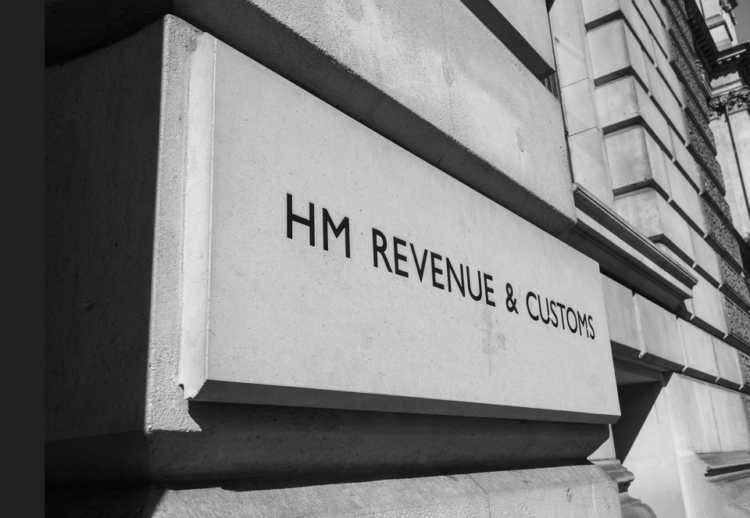In a bid to tackle worker exploitation, tax avoidance, and people who fail to pay their taxes on time, the chancellor unveiled a £1.4 billion investment for HMRC for the department to modernise its technology and hire an extra 5,000 compliance and debt staff.
“We will clamp down on those umbrella companies who exploit workers, increase the interest rate on unpaid tax debt to ensure that people pay on time and go after the promoters of tax avoidance schemes,” Rachel Reeves said in her Budget speech yesterday (30 October, 2024).
From April 2026, recruitment agencies will have to account for PAYE on payments made to workers via umbrella companies, while tax for Employee Ownership Trusts and Employee Benefit Trusts will change to ensure that tax benefits are used appropriately and to prevent abuse.
The government said it will increase collaboration to tackle rogue company directors, expand HMRC’s counter-fraud capability and strengthen the department’s informant reward scheme. Serious offshore non-compliance, including fraud by wealthy customers and intermediaries, will also come under closer scrutiny as a result of the investment.
Plugging the tax gap
The investment in HMRC is intended to help raise £2.7 billion a year by 2029/30.
BDO, an accountancy and business advisory firm, said this money was needed as HMRC has estimated that the overall tax gap (the difference between the tax paid and the amount HMRC says should be paid) was £39.8 billion for 2022/23.
In 2023/24, the VAT gap was estimated to be £9.5 billion, which represents an increase of more than £1.4 billion on the estimate for 2022/23, BDO said.
‘Draconian’ rate rise
However, Reeves’ decision to raise the interest rate on unpaid tax debt to 9 percent was described as “draconian”.
From 6 April 2025, late payment interest rates will increase by 1.5 percentage points. The government has earmarked £262 million over five years to hire 1,800 debt management staff, with an expected annual revenue increase of £2 billion by 2029/30.
HMRC will receive £154 million to update its debt management IT systems and a further £12 million will be used to buy more credit reference agency data to improve the targeting of debt collection. The HMRC app will also receive a £16 million cash-injection to enable voluntary Self-Assessment pre-payments.
Dawn Register, a tax dispute resolution partner at BDO, said: “The increased rate [of interest on unpaid tax debt] is a surprisingly draconian measure considering the already high level of late payment interest that taxpayers are charged, currently 7.5 percent. The new rate – if the base rate remains unchanged – will be an eye-watering 9 percent per annum.
“This will widen the gap between the high rate of interest payable by taxpayers and the amount payable by HMRC when tax is repayable to taxpayers. We would have preferred to see an equalisation of those interest rates given HMRC delays in issuing repayments to taxpayers.
“Investment into HMRC’s debt management team tells us that the Treasury is determined to reduce the £43bn tax debt mountain. HMRC action to chase down tax payments is an area we are increasingly seeing in practice.
“Extreme caution will be needed by HMRC debt collectors to target hardened tax evaders and those who simply won’t pay. Cases of genuine hardship will need extra care as the risk is HMRC will simply increase company insolvencies and personal bankruptcies without collecting monies due.
“Businesses and individuals with unpaid tax bills would be wise to reassess their finances and seek advice in advance of the additional interest charge coming into effect in April 2025. Agreeing a time to pay arrangement with HMRC and fixing the interest charged in advance of April 2025 may be one option.”












